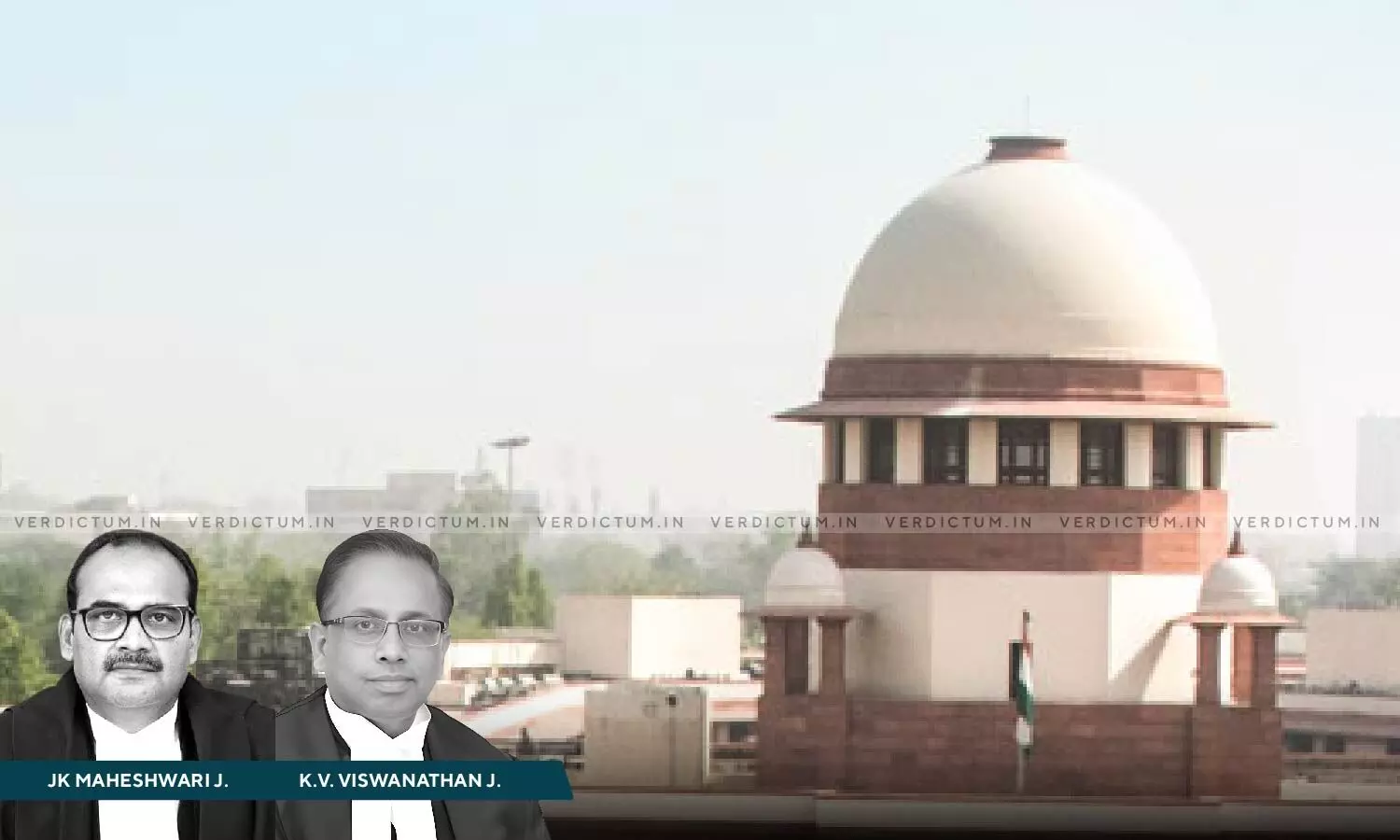
Power Of Suspension U/s 20(3) PC & PNDT Act Has To Be Exercised Sparingly & In Exceptional Circumstances In Public Interest: SC
 |
|The Supreme Court observed that power of suspension under Section 20(3) of the Preconception and PreNatal Diagnostic Techniques (Regulation & Prevention of Misuse) Act, 1994 should be exercised sparingly, in exceptional circumstances in public interest.
In the present matter, the question was on the interpretation of power of Section 20(1) & (2) and Section 20(3) of PC&PNDT Act for cancellation, suspension or suspension in public interest respectively by the appropriate authority specified in Section 17 of the PC&PNDT Act.
In the present matter, the dispute was about the suspension of registration of "Dev Hospital" in Ahmedabad under the Pre-conception and Pre-natal Diagnostic Techniques Act. Following a complaint, an inspection revealed lapses in adherence to the Act's provisions, leading to the seizure of a sonography machine and subsequent suspension of the hospital's registration. Despite an appellate order to clarify the basis of suspension, the appropriate authority suspended the registration again, under Section 20(3) of the PC&PNDT Act. Respondent no.1 challenged this decision in the High Court, contending that due process was not followed and the reasons for suspension were unjustified.
A single-judge Bench in the order, highlighted procedural irregularities and the lack of justification for suspension. The appellate authority's decision to remit the matter for clarification was deemed unjustified. The Division Bench while upholding the decision, said that not all cases of suspension automatically fell under Section 20(3) of the PC&PNDT Act and questioned the validity of the reasons provided for suspension.
Thus, the High Court's scrutiny resulted in the dismissal of the Letters Patent Appeal filed by the appropriate authority, affirming the decision to revoke the suspension of "Dev Hospital's" registration.
Accordingly, the bench was of the opinion, "Having gone through the order and the provisions of sub-section (2) of Section 20 of the PC&PNDT Act, in our view, the order dated 25.10.2010 cannot be said to be an order under subsection (3) of Section 20 of PC&PNDT Act. In fact, it is simplicitor an order passed under sub-section (2) of Section 20 alleging contraventions of the provisions of PC&PNDT Act and the Rules. Therefore, we have no hesitation to say that the appellate authority, while remanding the matter vide order dated 21.12.2010, was not required to ask the appropriate authority to clarify whether the order of suspension was under sub-section (3) or under sub-sections (1) & (2) of Section 20 of PC&PNDT Act".
Cause Title: District Appropriate Authority Under The PNDT Act And Chief District Health Officer v. Jashmina Dilip Devda & Anr. [Neutral Citation: 2024 INSC 173]
Click here to read/download the Judgment